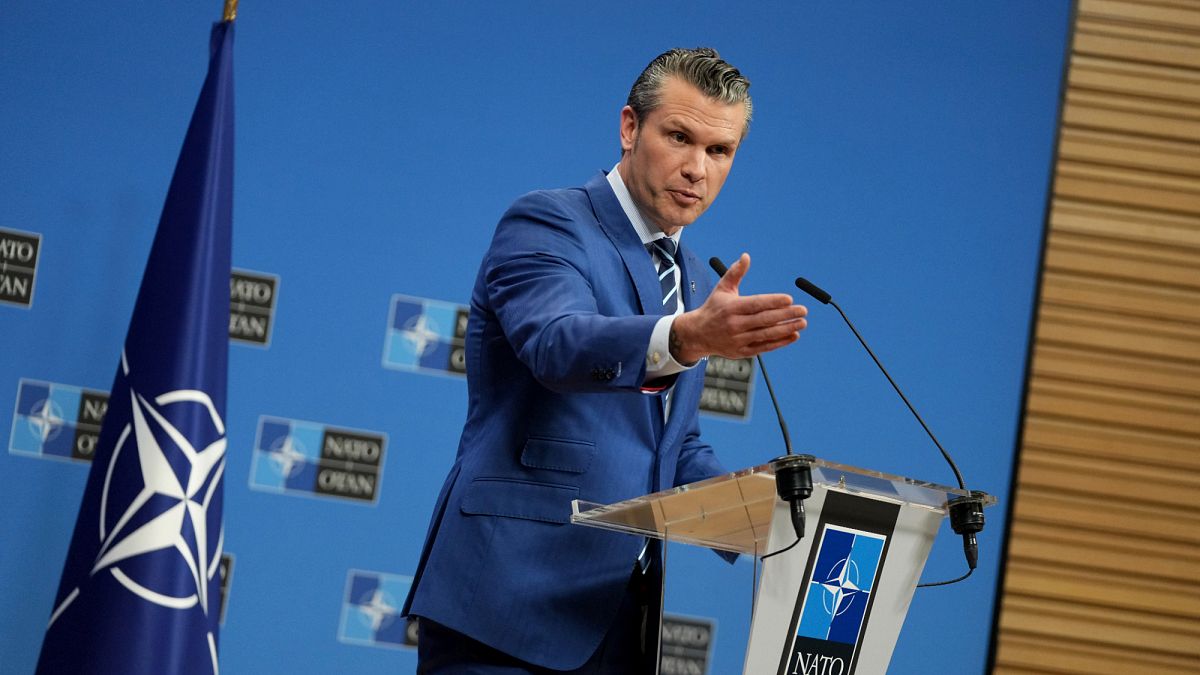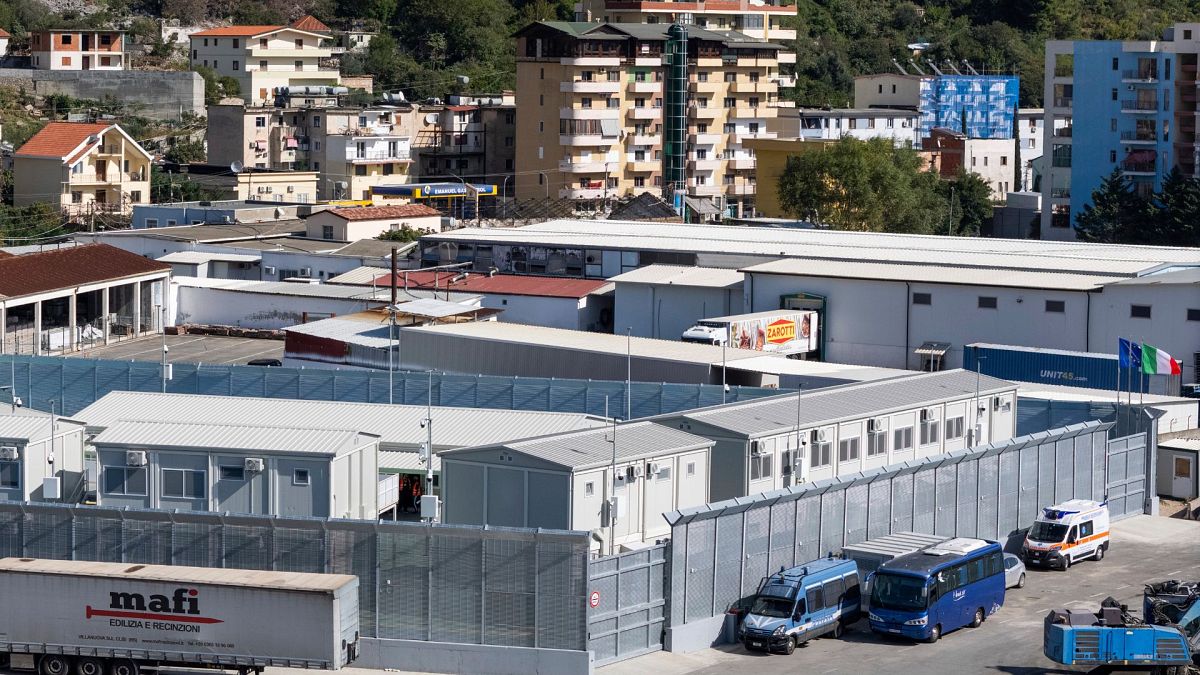A communications agency picked influencers to make TikTok videos about the qualities of a future Romanian president for the centre-right PNL party, endorsing little-known ultranationalist Georgescu instead.
Romania’s center-right National Liberal Party (PNL) has paid for a campaign on videosharing platform TikTok which ultimately led to the win of far-right ultranationalist candidate Calin Georgescu in the first round of the presidential election on 24 November, a report published by investigative outlet Snoop.ro suggests.
Some 130 influencers, picked by Kensington Communications — a company carrying out the campaign on behalf of PNL — received a script and conveyed to the public the qualities of a future president in a video. Some influencers wrote in the comments on the video, "Calin Georgescu."
The campaign gathered 2.4 million views.
The report quotes a source from Romania’s tax authority, which conducted the investigation into the political spending, who said, "it is a shock for everyone that the public money offered by taxpayers to the PNL was used to promote another candidate."
Kensington Communication said in a press release that it would file a criminal complaint for judicial authorities to investigate the possible diversion of its campaign in favour of an extremist candidate.
The Snoop.ro report also suggests that the TikTok campaign is not the only tool from which Georgescu benefited: IT expert Bogdan Peșchir, known as "BogPR," donated over €1 million to users of TikTok accounts that promoted Georgescu. EU Commission investigation
The report comes as the European Commission announced last Tuesday it opened formal proceedings against TikTok for the alleged breach of the Digital Services Act (DSA) by not adequately mitigating risks linked to the integrity of Romania's election.
The first round of the presidential election saw the unexpected victory of Georgescu, a Kremlin-friendly Eurosceptic candidate who was previously little known to the public.
The election was annulled after the Constitutional Court received evidence of Russian interference in the voting process, particularly on TikTok, as provided by the country’s intelligence services.
TikTok said in a statement that its platform “does not accept paid political advertisements,” and “proactively removes content for violating our policies on misinformation, harassment and hate speech.”
“We continue to work with the European Commission as well as regional and national authorities to address requests and discuss concerns,” a spokesperson for the company said.

 3 months ago
37
3 months ago
37






 We deliver critical software at unparalleled value and speed to help your business thrive
We deliver critical software at unparalleled value and speed to help your business thrive






 English (US) ·
English (US) ·